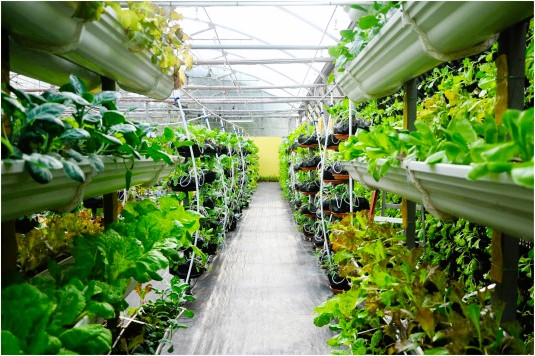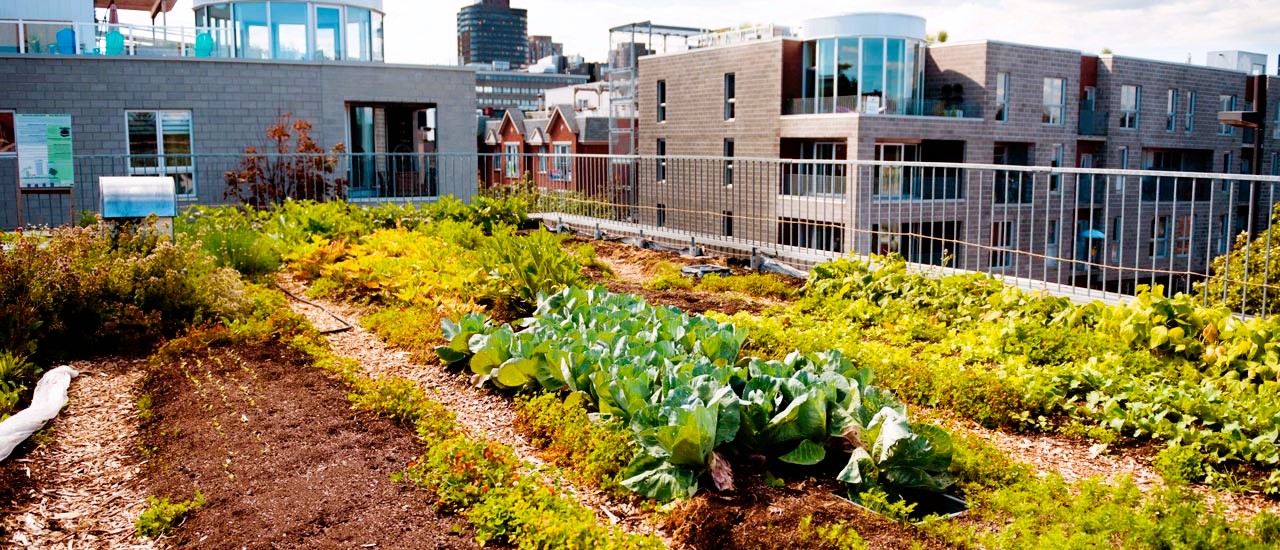Kelowna, a city known for its stunning natural landscapes and vibrant community, is making waves in the world of urban farming with its innovative and sustainable practices. This forward-thinking approach to agriculture within an urban environment is gaining recognition for its positive impact on local food systems, community engagement, and environmental sustainability. As Kelowna embraces the concept of urban farming, it not only enhances food security but also fosters a deeper connection between residents and the food they consume.
The Rise of Urban Farming
Urban farming, often referred to as urban agriculture, is a concept that involves growing, processing, and distributing food within or near urban areas. This approach challenges traditional notions of farming by adapting agricultural practices to urban landscapes, utilizing spaces such as rooftops, vacant lots, and community gardens.
Kelowna’s embrace of urban farming is driven by a desire to create a more resilient and sustainable local food system. By reducing the distance between food production and consumption, the city aims to decrease its carbon footprint, support local economies, and promote healthier eating habits among residents.
Innovative Farming Methods

What sets Kelowna’s urban farming practices apart is the integration of innovative and efficient methods that maximize yield and minimize environmental impact. Techniques such as vertical farming, hydroponics, and aquaponics are employed to optimize space and resources, making it possible to cultivate crops in areas where traditional farming would be impractical.
Vertical farming, for instance, involves stacking layers of crops in vertically inclined structures. This approach not only makes the most of limited space but also allows for precise control over factors like light, temperature, and humidity. Similarly, hydroponics and aquaponics systems use water instead of soil, leading to higher water efficiency and reduced use of chemical inputs.
Community Gardens and Inclusivity
Kelowna’s urban farming initiatives extend beyond technical innovations; they prioritize community engagement and inclusivity. Community gardens are an integral part of the city’s urban farming landscape, offering residents the opportunity to get their hands dirty and actively participate in food production.
Community gardens serve as spaces where individuals of all ages and backgrounds can come together to learn, share knowledge, and grow their own food. These gardens not only provide fresh produce but also foster a sense of community, encourage intergenerational interaction, and contribute to the overall well-being of residents. City renewal project plans, details can be found on Council Approval.
Educational Opportunities
Kelowna’s innovative approach to urban farming extends to education and awareness-building. The city recognizes the importance of educating residents about the benefits of sustainable agriculture and the value of supporting local food systems. Workshops, seminars, and educational programs are organized to empower individuals with the knowledge and skills needed to grow their own food, even within limited urban spaces.
By offering resources and guidance on topics such as composting, container gardening, and plant care, Kelowna is cultivating a generation of environmentally conscious individuals who are equipped to contribute to a greener and more sustainable future.
Recognition and Future Prospects

Kelowna’s efforts in urban farming have not gone unnoticed. The innovative practices and community-driven initiatives have gained recognition both locally and beyond. The city’s commitment to sustainable agriculture aligns with broader national initiatives to promote food security, environmental stewardship, and community well-being.
For those interested in exploring more about urban farming and sustainable agriculture, Wikipedia offers valuable information on the subject. Additionally, the official website of the Canadian government’s environment and climate change department, provides resources related to environmental sustainability and food security.
Conclusion
Kelowna’s innovative approach to urban farming showcases the city’s determination to create a more sustainable and resilient future. By embracing cutting-edge farming methods, promoting community engagement, and fostering a deeper connection between residents and their food sources, Kelowna is redefining the concept of farming within an urban context. As the city continues to explore new possibilities and expand its urban farming initiatives, it serves as an inspiring example of how innovation, community collaboration, and environmental consciousness can harmoniously coexist in the pursuit of a greener and healthier world.


